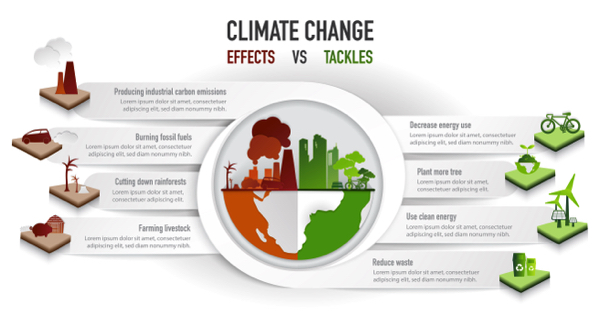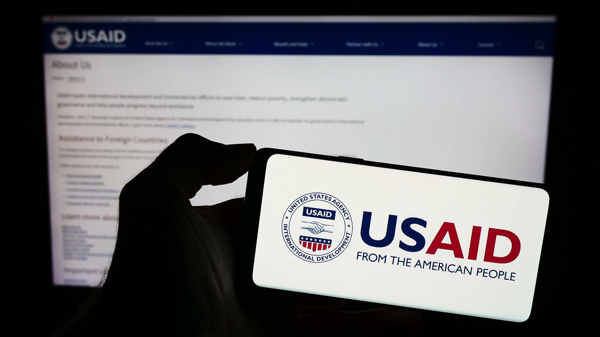 Parler
Parler Gab
Gab
- Peter Rost's book, "The Whistleblower: Confessions of a Healthcare Hitman," details the unethical practices within the pharmaceutical industry, specifically targeting Pfizer's takeover of Pharmacia and its subsequent off-label marketing of Genotropin.
- Rost's investigation revealed a web of unethical and potentially illegal activities, including off-label marketing of the human growth hormone Genotropin and channel stuffing. He exposed these practices to Pfizer's legal team, only to face inaction and attempts to cover up the issues.
- Rost was fired and faced significant personal costs for his actions, including isolation and loss of resources. However, he continued to speak out, filing a whistleblower lawsuit against Pfizer and highlighting the need for accountability in the industry.
- Rost's story raises critical questions about the ethical practices of pharmaceutical companies and the fear employees face when speaking out. The book emphasizes the importance of individual courage, transparency and collective action in fostering change.
- The book highlights the crucial role of journalism in uncovering the truth and holding powerful entities accountable. It underscores the importance of media support and engagement in promoting transparency and ethical practices in the pharmaceutical industry.
Rost's courageous stand against corruption: A call for accountability
"The Whistleblower" is a powerful reminder of the importance of standing up for what's right, even when it's difficult. Rost's story highlights the courage required to challenge powerful entities and the impact one person can have in the face of systemic corruption. His actions raised critical questions about the pharmaceutical industry, prompting discussions about the ethical practices of companies and the need for accountability. The book also sheds light on the broader implications of Rost's story. How many other companies are engaged in similar unethical practices? How many employees are afraid to speak out due to fear of retaliation? And, most importantly, what can consumers do to hold these companies accountable? Rost's tale serves as a call to action, urging readers to take a stand against injustice. It underscores the importance of individual courage and the power of transparency in fostering change. The book also highlights the crucial role of journalism in uncovering the truth and holding powerful entities accountable, emphasizing the need for robust media support and engagement. Ultimately, "The Whistleblower" is a powerful indictment of the pharmaceutical industry's practices and a testament to the courage of those who dare to challenge the status quo. It is a call to action for consumers, employees and journalists to work together to build a more ethical and transparent world. As Rost's story shows, change is possible, but it requires courage, resilience and a collective commitment to justice. Watch this video about "The Whistleblower: Confessions of a Healthcare Hitman" by Peter Rost, which outlines his story of exposing corruption in Pfizer. This video is from the BrightLearn channel on Brighteon.com. Sources include: Brighteon.ai Brighteon.comJewish leaders and celebrities unite against Trump’s Gaza plan in historic New York Times ad
By Belle Carter // Share
USAID funded Boko Haram slaughter of Christians in Nigeria
By News Editors // Share
The case for holding Norm Eisen accountable: Deep State’s legal mastermind exposed
By Willow Tohi // Share
Governments continue to obscure COVID-19 vaccine data amid rising concerns over excess deaths
By patricklewis // Share
Tech giant Microsoft backs EXTINCTION with its support of carbon capture programs
By ramontomeydw // Share
Germany to resume arms exports to Israel despite repeated ceasefire violations
By isabelle // Share










